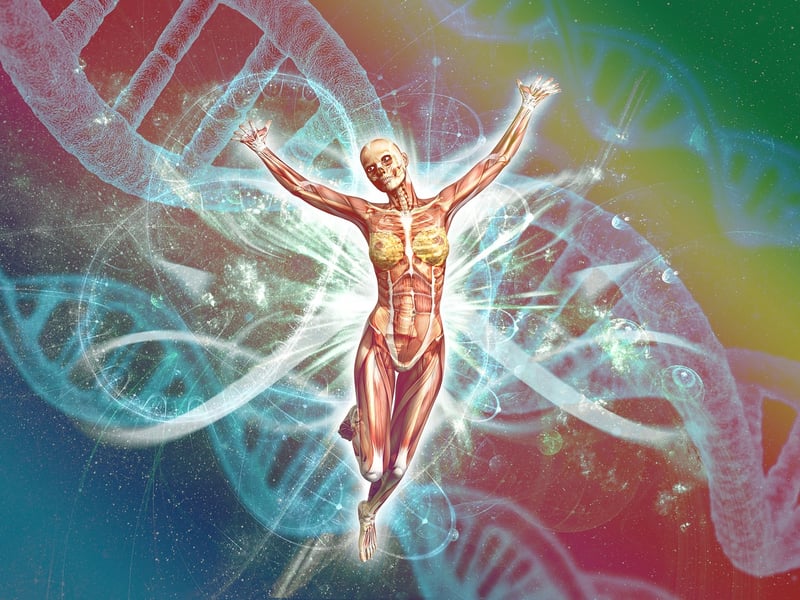Origin of Life
The Science of Life in the Cosmos and the Origin of Life
Exploring the vast cosmos and the origins of life within it has been a fascinating subject for scientists and curious minds alike. From the depths of space to the tiniest microorganisms, the quest to understand life's presence in the universe continues to captivate us.
Life Beyond Earth
As we gaze up at the night sky, we wonder if we are alone in the universe. Scientists have been searching for signs of life beyond Earth by studying exoplanets, moons, and other celestial bodies. The discovery of extremophiles on Earth, organisms that thrive in extreme conditions, has expanded our understanding of where life could exist.

The Origins of Life
The question of how life originated on Earth is one of the most profound mysteries. Various scientific theories propose different mechanisms for the origin of life, including the primordial soup hypothesis, the deep-sea vent theory, and the panspermia hypothesis.
The Primordial Soup Hypothesis
This theory suggests that life began in a "soup" of organic molecules in Earth's early oceans, where conditions were conducive to the formation of simple life forms.
The Deep-Sea Vent Theory
Proponents of this theory argue that life originated around hydrothermal vents on the ocean floor, where the mixing of hot water and minerals provided the energy needed for life to emerge.
The Panspermia Hypothesis
The panspermia hypothesis proposes that life may have originated elsewhere in the universe and been transported to Earth through comets, meteoroids, or cosmic dust.

Future Exploration
As technology advances, our ability to explore the cosmos and search for life beyond Earth improves. Missions to Mars, Europa, and other celestial bodies hold the promise of uncovering new clues about the origins of life and the potential for life elsewhere in the universe.
Join us on this exciting journey of discovery as we unravel the mysteries of life in the cosmos and explore the origins of life itself.
